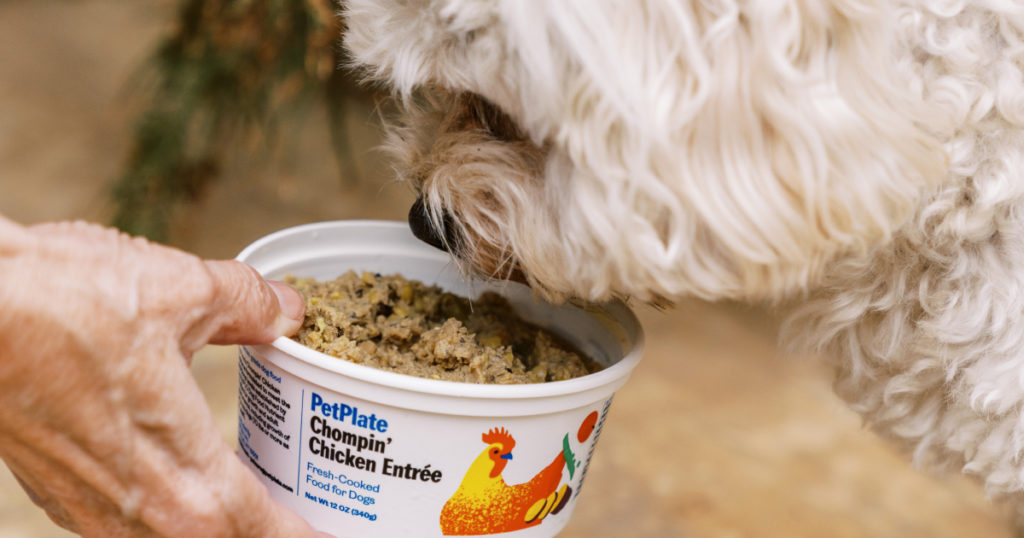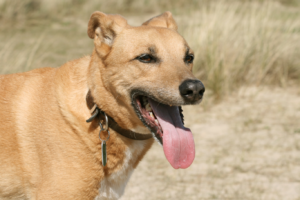
Diabetes in dogs is entirely similar to diabetes in humans, but this National Diabetes Month we’re here to give you a broad guide to canine diabetes so you can best help your pup live their happiest, healthiest life.
There are two main types of diabetes in dogs:
- Type 1 Diabetes: This is the most common form in dogs, where the pancreas produces little to no insulin.
- Type 2 Diabetes: This occurs when the body doesn’t use insulin effectively. It can sometimes be managed through diet and oral medications, though insulin may still be needed.

Symptoms
Common symptoms for both types of diabetes in dogs include:
- Increased thirst (polydipsia)
- Frequent urination (polyuria)
- Increased appetite (polyphagia)
- Weight loss
- Lethargy
If you see these symptoms start to develop you can ask your vet to administer blood tests and urinalysis to test insulin levels.
Diabetes can be genetic, and some of the breeds more susceptible to diabetes are:
- Miniature Schnauzers
- Poodles
- Cocker Spaniels
- Dachshunds
- Beagles
- Bichon Frises
- Terriers (various types)
Regardless of breed, obesity can also increase the risk of diabetes, so maintaining a healthy weight is important. Like humans, if your dog is at risk they should avoid a diet high in carbohydrates and sugar. You should always consult your vet for proper diet recommendations or any significant changes to your dog’s diet, especially if you are concerned about diabetes.

Our FreshCooked Chicken and Venison or FreshBaked Chicken recipes are great options for your dog if you are concerned about their diet or risk of diabetes. For more information on our recipes check out petplate.com/entrees and, again, please consult your vet if you have any questions or concerns about your dog’s health or diet!


